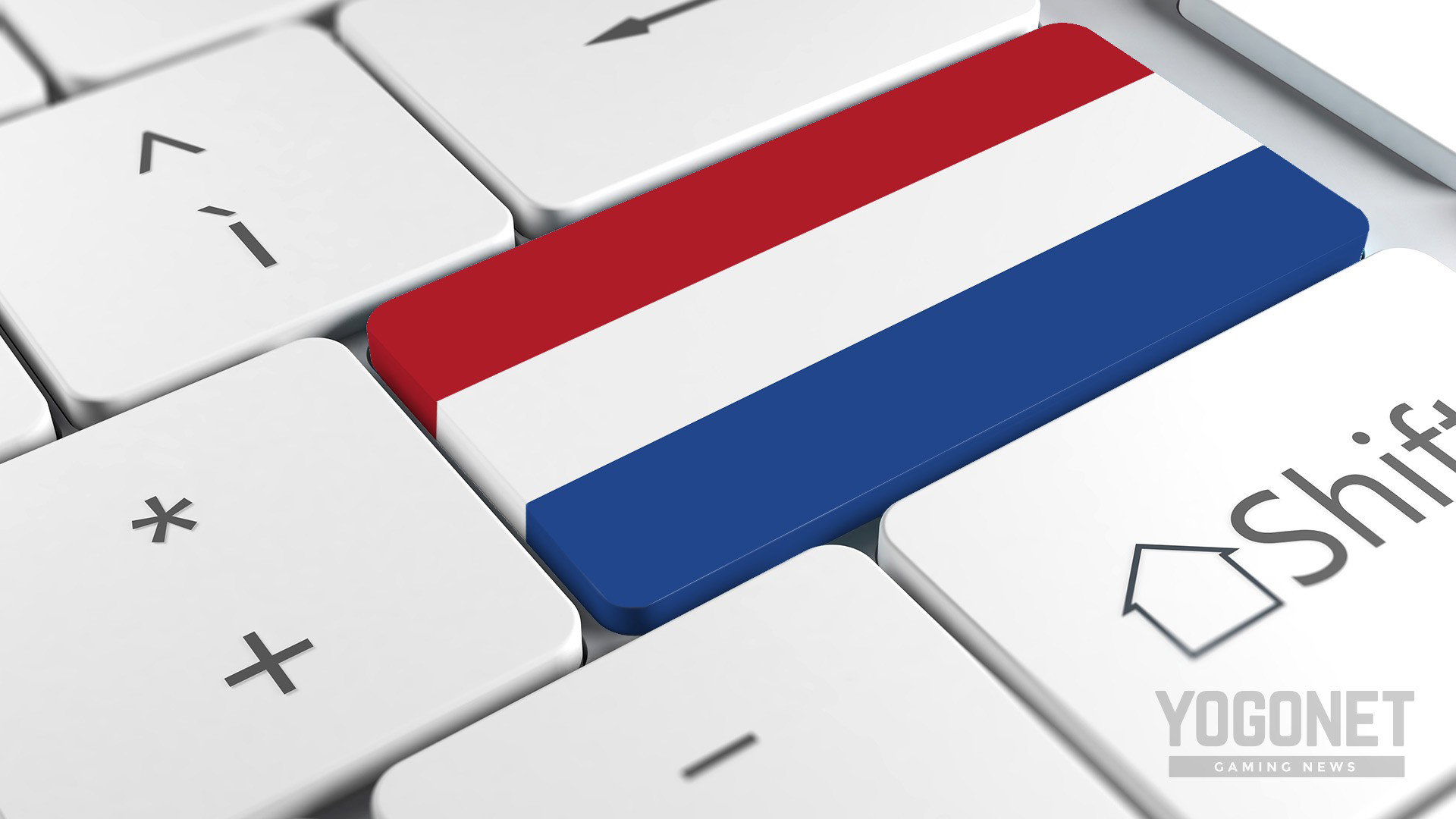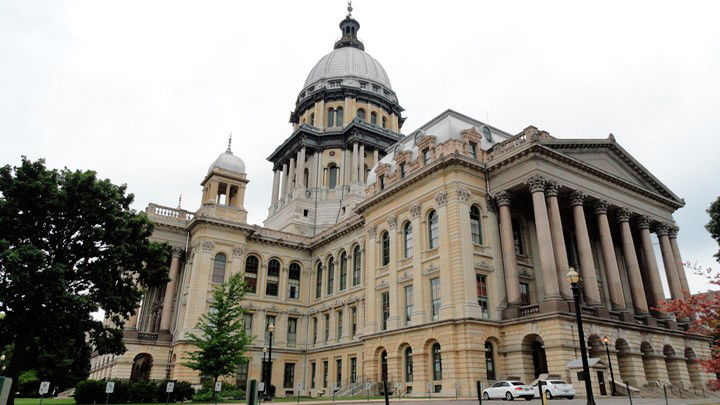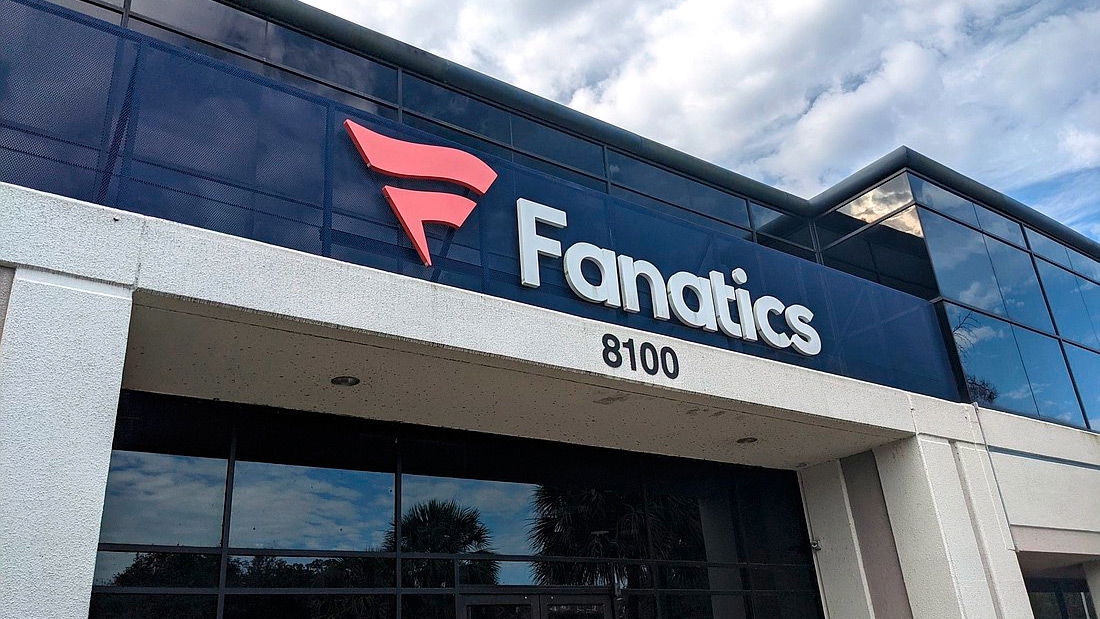Dutch government faces backlash over phased gambling tax hike

The Dutch government has announced a phased increase in gambling taxes, raising rates by 7.3 percentage points on gross gaming revenue (GGR), despite strong opposition from the industry.
The decision, revealed as part of the government's autumn budget, has drawn criticism from industry players who warn the hike could lead to operators exiting the market and even force state-owned Holland Casino to shutter branches or cease its online operations.
Alan Littler, a gambling law expert at Kalff Katz & Franssen, voiced the sector’s concerns. “The current government appears to be deaf to these concerns, it views gambling as a ready source of additional taxation revenues,” Littler noted, warning that many operators may struggle to remain profitable under the new tax regime.
The tax hike, from 30.5% to 37.8%, is expected to generate an additional €202 million ($225 million) annually from 2025 to 2028, as the government seeks to fill budget shortfalls.
Prime Minister Dick Schoof, however, emphasized that the primary aim of the increase is to curb gambling activities. “We want to discourage gambling, let there be no misunderstanding about that – but this is one of the reasons to look at it in a different way,” Schoof said in response to questions in parliament last Thursday.
The government decided to implement the tax hike in two phases, partly to mitigate opposition from the sports industry, which relies heavily on gambling revenues. This phased approach, however, has failed to ease industry concerns.
“The state coffers have been given priority over consumers of gambling services in the Netherlands,” Littler said, adding that the move could undermine the regulatory goals designed to protect consumers.
Industry consultant Willem van Oort noted the lack of political support for gambling in the Netherlands, saying: “It is clear gambling has few friends (in the Netherlands).” He suggested the government might yet pull back on its plans, particularly following the publication of a critical report by Atlas Research, which outlined the potential negative impact of the tax increase.
The Licensed Dutch Online Gambling Providers (VNLOK) echoed these concerns, warning that the staggered approach would do little to address the industry’s survival in an increasingly hostile regulatory environment.
















































